
Why open banking apps must stay secure to earn consumer trust [Q&A]
Traditional banks are realizing that they must develop more user-friendly open banking apps if they're not to lose customers to fintech startups.
But it's critical that these apps gain the trust of consumers if open banking is to succeed. We spoke to Jasen Meece, CEO of Cloudentity to discuss how financial services companies can ensure their open banking apps and partners adhere to compliance standards and protect consumer’s personal data.

Banking fraud rises by more than 150 percent
A new report from financial crime management platform Feedzai shows that all banking fraud -- combining internet, telephone, and branch attacks -- grew by 159 percent in the first quarter of 2021 compared to the end of 2020.
Based on analysis of over 12 billion global banking transactions from January to March 2021 the study shows online banking made up 96 percent of all banking transactions and accounted for 93 percent of all fraud attempts.

Virtual room technology delivers secure customer interactions for the finance sector
One of the problems the finance and banking sector has had during the pandemic has been reduced branch access and the inability to hold face-to-face meetings.
Identity specialist OneSpan has introduced a technology called Virtual Room. Using this, financial institutions and their customers can digitally review and sign documents together without having to combine multiple tools and apps.

Financial institutions see spike in threats linked to COVID-19
Almost three-quarters (74 percent) of banks and insurers have experienced a rise in cybercrime since the pandemic began according to a new report.
The findings released today by by BAE Systems Applied Intelligence, the cyber and intelligence arm of BAE Systems, as part of The COVID Crime Index 2021 analyze the changing nature and impact of fraud, risk and cyber threats on UK and US financial institutions and consumers over the last 12 months
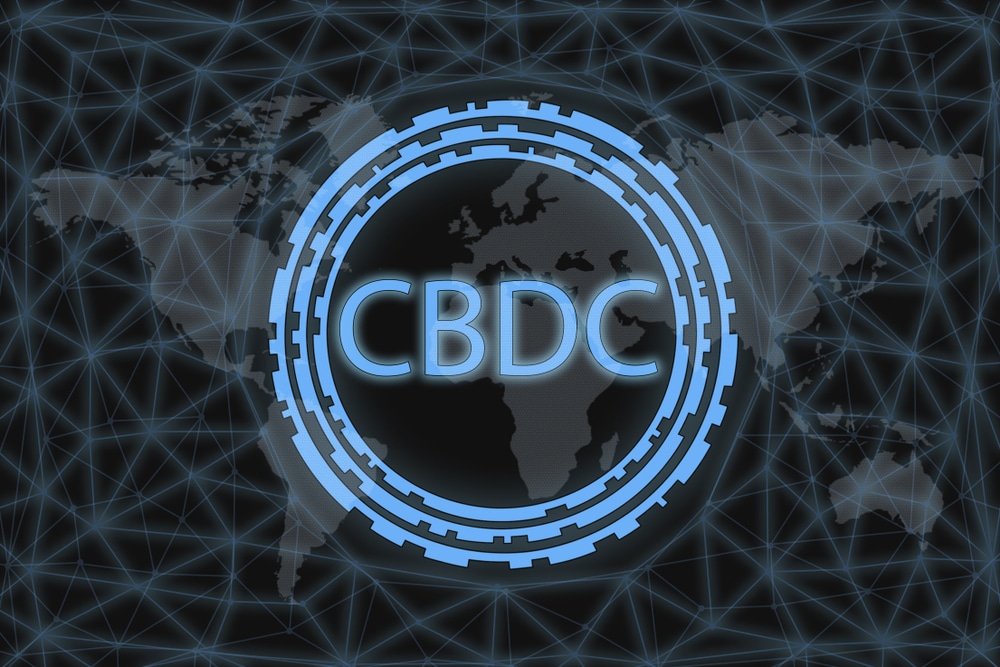
A central bank digital currency: Challenges and opportunities
Digital national currencies are no longer just a concept. The Bahamian Sand Dollar was issued in October 2020, and other countries, such as Sweden and China, are currently running pilots. Within the next few years, there could be more than a dozen central banks issuing national digital currencies.
These central bank digital currencies (CBDCs) are different from cryptocurrencies like Bitcoin or Ether. CBDCs are issued by national banks. The Sand Dollar, for example is backed by the Bahamian government and one-to-one with the Bahamian dollar, which is itself pegged to the U.S. dollar. They’re also not mined like many cryptocurrencies.

Online banking fraud attempts soar in 2020
Hot on the heels of yesterday's study revealing a lack of trust in online banking a report out today shows a 250 percent increase in attempted online banking fraud last year.
The research from Feedzai shows a 200 percent increase in mobile banking use, but both telephone and branch fraud rates dropping to lower levels than they had been before the pandemic.

Americans flock to online banking -- but many still don't trust it
Americans' online banking usage has reached 85 percent, with 25 percent using online banking exclusively. But trust is lagging behind.
A new report from NordVPN shows 40 percent of respondents report that they check their banking apps on a daily basis for compromises. 13 percent say they don't trust, and 27 percent have doubts about, their banking app.

Why financial enterprises need to take a more Agile approach [Q&A]
Adopting a more agile approach to development has allowed many businesses to speed up the introduction of new products and services.
But banking and financial organizations have tended to be more conservative in their approach and have consequently come under pressure from faster moving fintech competitors.
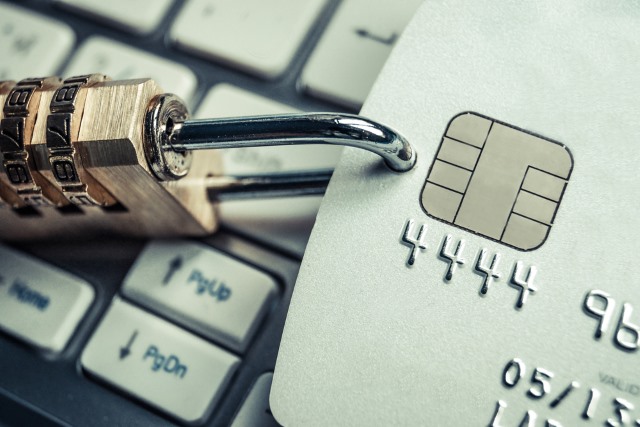
Outdated online security is losing banks business
New research from biometric authentication company iProov highlights that many US banks are falling short in delivering digital convenience to their customers.
The study looks at the range and usability of online services being offered to existing customers. Researchers looked at 39 data points, including how easy it was for a customer to move money, request a new debit card or change personal details online.

Why the financial sector is especially vulnerable to cyberattacks [Q&A]
There's a famous quote attributed to career criminal William Francis Sutton Jr., when asked why he robbed banks he is said to have replied, "Because that's where the money is."
For today's cybercriminals the motivation to make money is much the same, so the banking and financial services sector is a prime target. We spoke to Paul Prudhomme, cyber threat intelligence advisor at IntSights to find out more about the threats the industry faces and how they can be addressed.
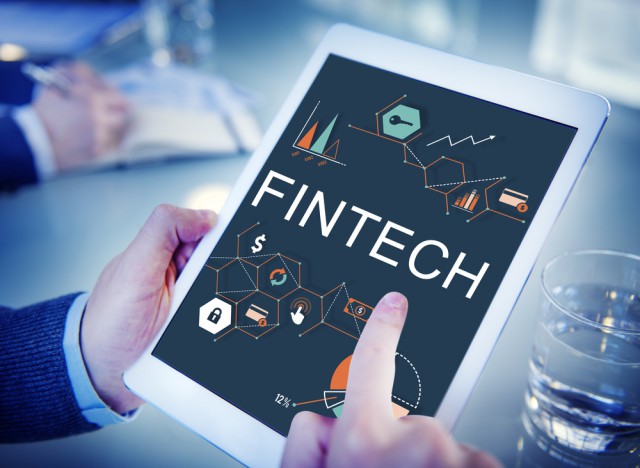
Cryptocurrency becomes mainstream and new digital standards arrive -- fintech predictions for 2021
In recent years we've seen some significant shifts in the financial sector, with newer businesses using technology to challenge more established players.
Much of this has centered around the use of blockchain, although cryptocurrency still hasn't entered the mainstream. What do experts think we'll see in the fintech space next year?

Spammers get better at pretending to be banks
As always, spammers and cybercriminals seek to take advantage of the peak online shopping season covering Black Friday and the Christmas holidays.
The Bitdefender Antispam Lab has identified a series of campaigns impersonating online banking and financial organizations. In October six in 10 emails (58.84 percent) relating to the banking industry were fraudulent.

How the banking sector is adapting to security and regulatory requirements [Q&A]
Banks and other financial services institutions have been moving more and more towards digital in order to streamline processes and improve customer service.
The pandemic has accelerated this process but has also brought a rise in cyberattacks. Regulators have also begun to take more notice of security practices surrounding accounts. We spoke to Michael Magrath, director, global regulations and standards, at specialist in anti-fraud and digital identity solutions for financial institutions OneSpan, to discover more.
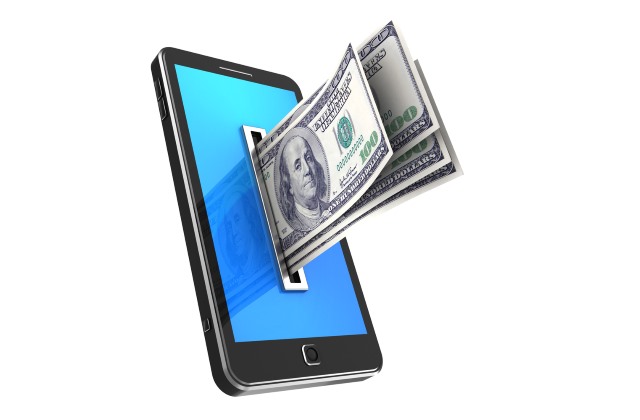
Google Plex reinvents banking for regular folks
Banking is great for the bankers, but not so much for their customers. For many people, dealing with a bank can be a nightmare -- full of overdraft fees, poor service, and terrible location hours. Quite frankly, even the customers with huge balances aren't making out too good these days, as interest rates are almost non-existent.
And so, Google is looking to reinvent banking with a focus on regular folks -- the ones that aren't wealthy. Called "Plex," it is a special mobile-focused bank account coming in 2021 that does away with the predatory fees that seem to target middle- and lower-class people. These fees are why many people in America don't even have a bank account -- a sad reality. No, Google isn't becoming a bank with Plex -- it is instead partnering with several financial institutions to offer these accounts.
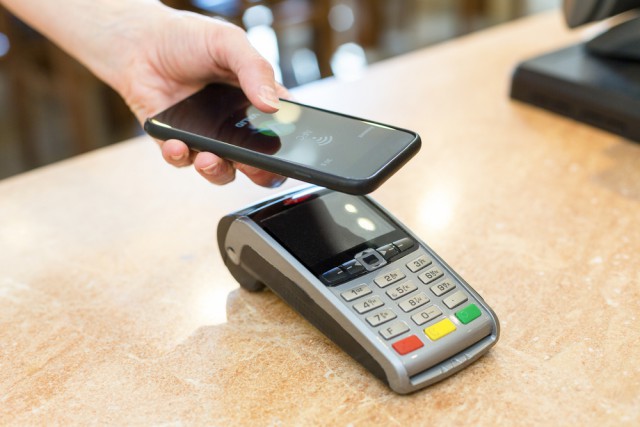
How extra demand for cashless payment services is changing the banking world [Q&A]
One of the side effects of the COVID-19 pandemic has been a marked reduction in the use of cash as people have shifted to using cashless and contactless payment methods.
This has put increased pressure on financial institutions to offer digital services, but it’s also shone a spotlight on the measures needed to prevent fraud and on initiatives to integrate cryptocurrency into everyday transactions.
